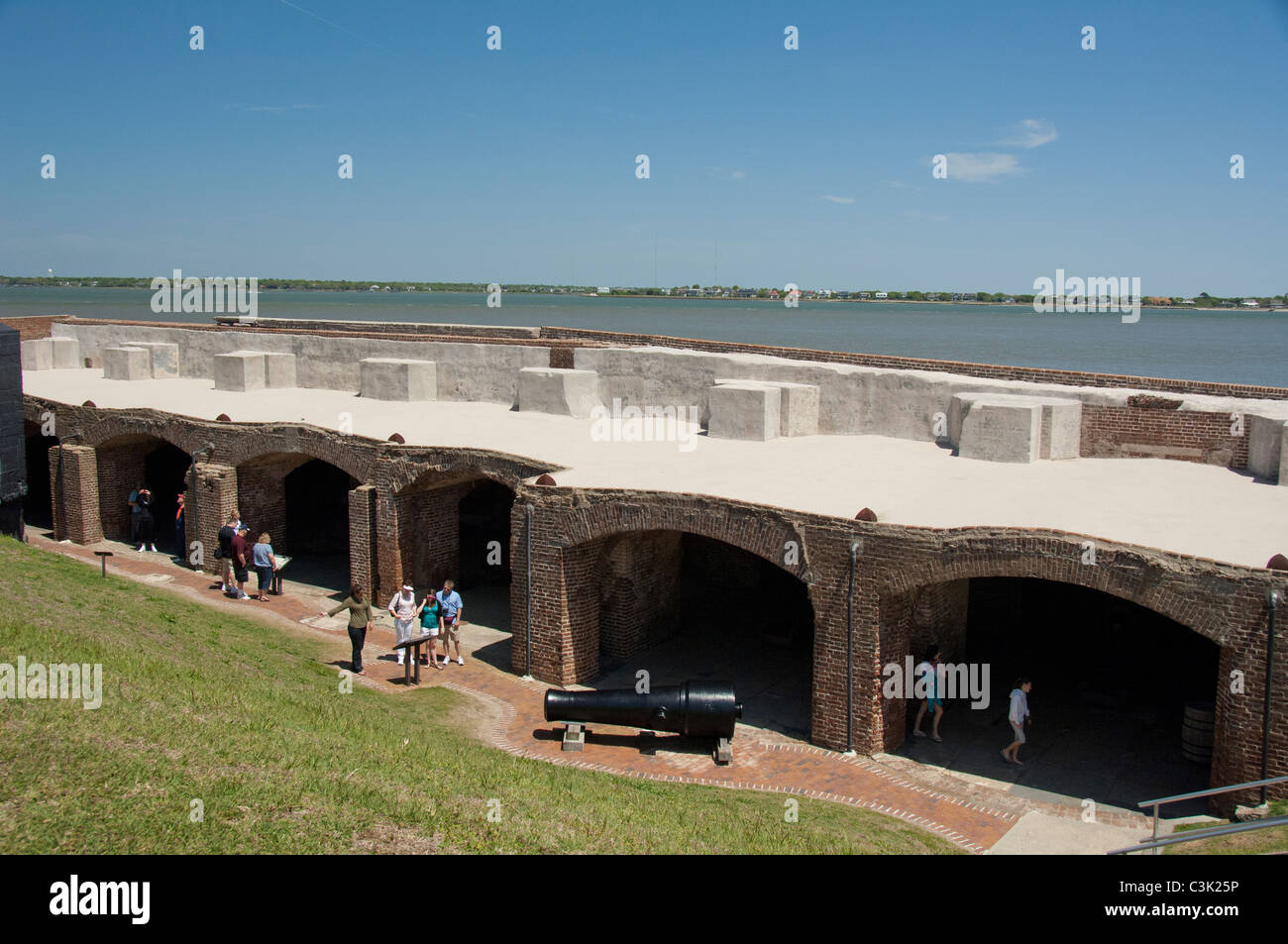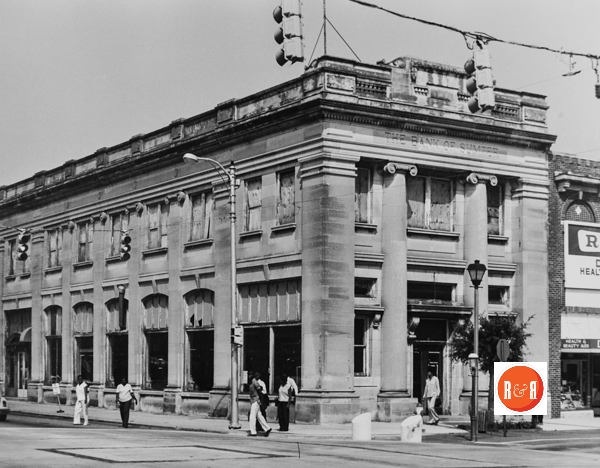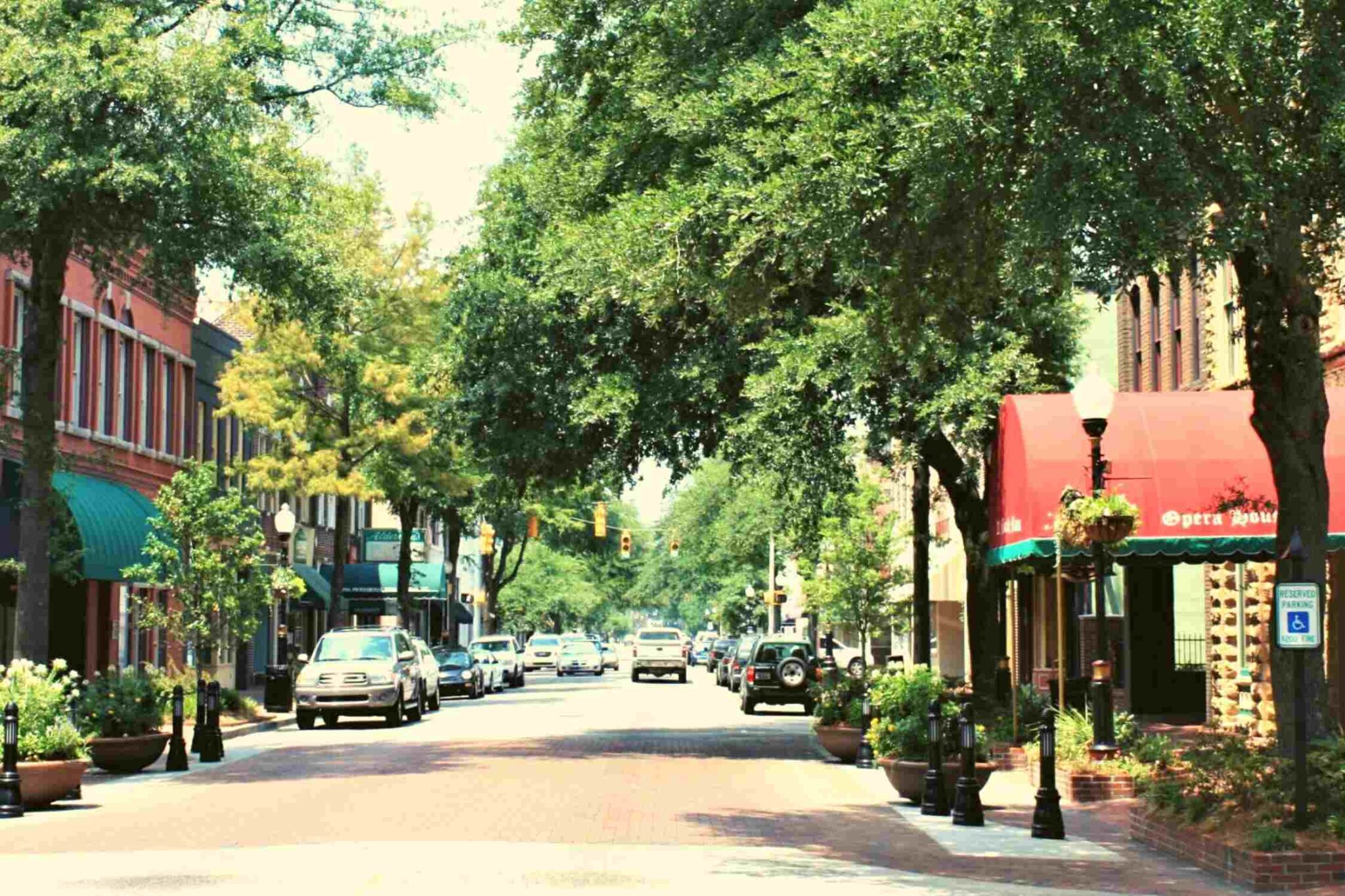Sumter, South Carolina: A Tapestry of History, Culture, and Innovation
Related Articles: Sumter, South Carolina: A Tapestry of History, Culture, and Innovation
Introduction
With enthusiasm, let’s navigate through the intriguing topic related to Sumter, South Carolina: A Tapestry of History, Culture, and Innovation. Let’s weave interesting information and offer fresh perspectives to the readers.
Table of Content
Sumter, South Carolina: A Tapestry of History, Culture, and Innovation

Sumter, South Carolina, nestled in the heart of the state’s midlands, is a city steeped in history, brimming with cultural vibrancy, and embracing a spirit of innovation. Its strategic location, coupled with a rich past, has shaped its unique character, making it a destination that captivates visitors and residents alike.
A Glimpse into the Past: A City Rooted in History
Sumter’s story begins in the 18th century, when the land was inhabited by Native American tribes. The arrival of European settlers in the 1700s marked a new chapter, with the establishment of plantations and the growth of agriculture. The city itself was founded in 1785 and named after General Thomas Sumter, a Revolutionary War hero.
The city’s strategic location, positioned along the major trade routes of the 19th century, fueled its economic growth. Sumter’s proximity to the port of Charleston and its fertile land made it a center for cotton production, contributing significantly to the state’s economy. The city’s history, however, is not without its complexities. The legacy of slavery, deeply interwoven with the fabric of the South, casts a long shadow on Sumter’s past.
The Civil War had a profound impact on the city. Sumter was occupied by Union forces for a period, and its economy suffered as a result. The post-war era saw a shift in the city’s economic landscape, with the rise of industries such as textile manufacturing and lumber.
A City of Culture and Heritage: Preserving the Past, Embracing the Future
Today, Sumter retains a strong sense of its past. The city is home to numerous historical sites, including the Sumter County Museum, which showcases the region’s rich history through artifacts and exhibits. The Sumter Opera House, a beautifully restored Victorian-era theater, serves as a vibrant center for the arts, hosting a range of performances and events.
The city’s cultural landscape is further enriched by its diverse population. Sumter boasts a vibrant African American community, with a rich heritage that is celebrated through festivals and cultural events. The city’s annual Juneteenth celebration, commemorating the emancipation of enslaved people, is a testament to its commitment to preserving and celebrating its cultural heritage.
Sumter’s commitment to preserving its past is evident in its well-maintained historic districts. The downtown area, with its charming architecture and brick-paved streets, offers a glimpse into the city’s bygone era. The historic homes and buildings, many dating back to the 19th century, stand as testaments to Sumter’s architectural legacy.
A City in Transformation: Embracing Innovation and Progress
While Sumter embraces its past, it is also a city that looks to the future. The city has witnessed significant economic growth in recent years, driven by investments in infrastructure, education, and healthcare. The development of new industries, including manufacturing, technology, and logistics, has created new opportunities for residents and businesses.
Sumter is home to Shaw Air Force Base, a major military installation that plays a vital role in the local economy. The base’s presence has brought significant investment and job creation to the area. The city also boasts a thriving agricultural sector, with a focus on cotton, soybeans, and poultry.
Sumter’s commitment to education is evident in its strong public school system and its numerous higher education institutions. The city is home to the University of South Carolina Sumter, a branch campus of the state’s flagship university, offering a range of undergraduate and graduate programs.
A City of Natural Beauty: A Tapestry of Parks and Recreation
Sumter is not just a city of history and culture; it is also a city of natural beauty. The city is surrounded by rolling hills, lush forests, and sparkling lakes, offering a variety of outdoor recreational opportunities. Sumter County Park, a sprawling park with hiking trails, picnic areas, and a playground, is a popular destination for families and outdoor enthusiasts.
The city is also home to several lakes and rivers, including Lake Marion, one of the largest man-made lakes in the United States. The lake offers opportunities for boating, fishing, and watersports. The nearby Santee River, a renowned fishing destination, attracts anglers from across the region.
Frequently Asked Questions about Sumter, South Carolina
Q: What are the major industries in Sumter, South Carolina?
A: Sumter’s economy is diverse, with major industries including manufacturing, agriculture, healthcare, and military. The city is home to Shaw Air Force Base, a significant economic driver.
Q: What are some of the popular tourist attractions in Sumter, South Carolina?
A: Sumter offers a blend of historical and natural attractions. The Sumter County Museum, the Sumter Opera House, and the historic downtown district are popular for history buffs. For outdoor enthusiasts, Sumter County Park, Lake Marion, and the Santee River offer a variety of recreational activities.
Q: What are the best places to eat in Sumter, South Carolina?
A: Sumter boasts a diverse culinary scene, with a range of options from Southern comfort food to international cuisine. Popular local favorites include The Sumter Grill, The Alley Cat, and The Blue Room.
Q: What is the cost of living in Sumter, South Carolina?
A: The cost of living in Sumter is relatively affordable compared to other major cities in the state. Housing, utilities, and transportation costs are generally lower than in larger metropolitan areas.
Q: What are some tips for visiting Sumter, South Carolina?
A:
- Plan your trip in advance: Sumter offers a range of attractions, so it’s best to plan your itinerary based on your interests.
- Explore the historic downtown district: The city’s historic downtown area is a must-visit, with its charming architecture and numerous shops and restaurants.
- Visit the Sumter County Museum: The museum offers a comprehensive overview of the region’s history, from its Native American roots to its role in the Civil War.
- Enjoy the outdoors: Sumter offers a variety of outdoor recreational opportunities, including hiking, fishing, and boating.
- Attend a performance at the Sumter Opera House: The restored Victorian-era theater hosts a range of performances and events throughout the year.
Conclusion: A City with a Rich Past and a Bright Future
Sumter, South Carolina, is a city that seamlessly blends its rich history with a spirit of innovation and progress. From its charming downtown district to its sprawling parks and lakes, Sumter offers a captivating blend of cultural heritage, natural beauty, and economic opportunity. The city’s commitment to preserving its past, while embracing the future, ensures that Sumter continues to thrive as a vibrant and welcoming community.








Closure
Thus, we hope this article has provided valuable insights into Sumter, South Carolina: A Tapestry of History, Culture, and Innovation. We hope you find this article informative and beneficial. See you in our next article!